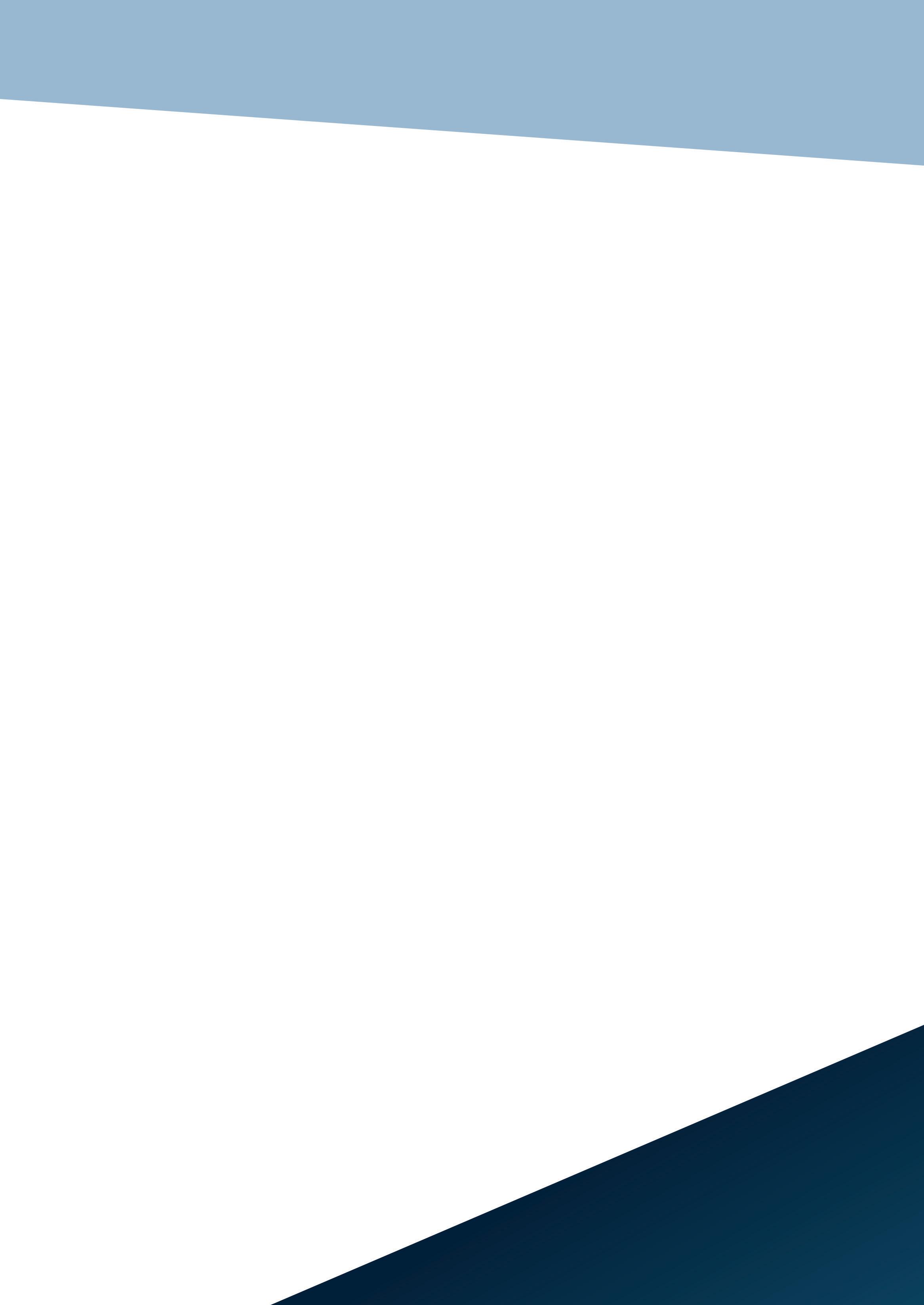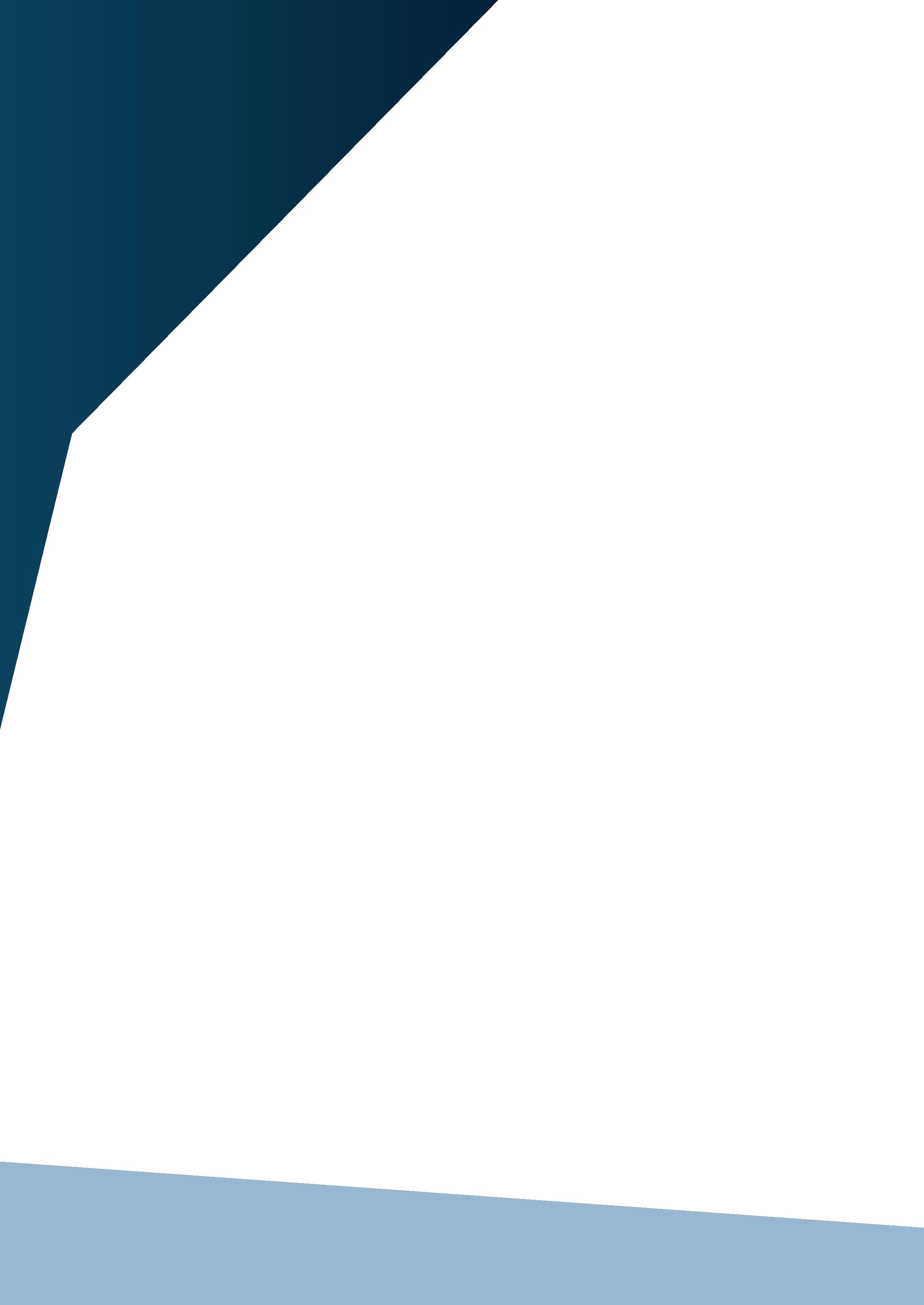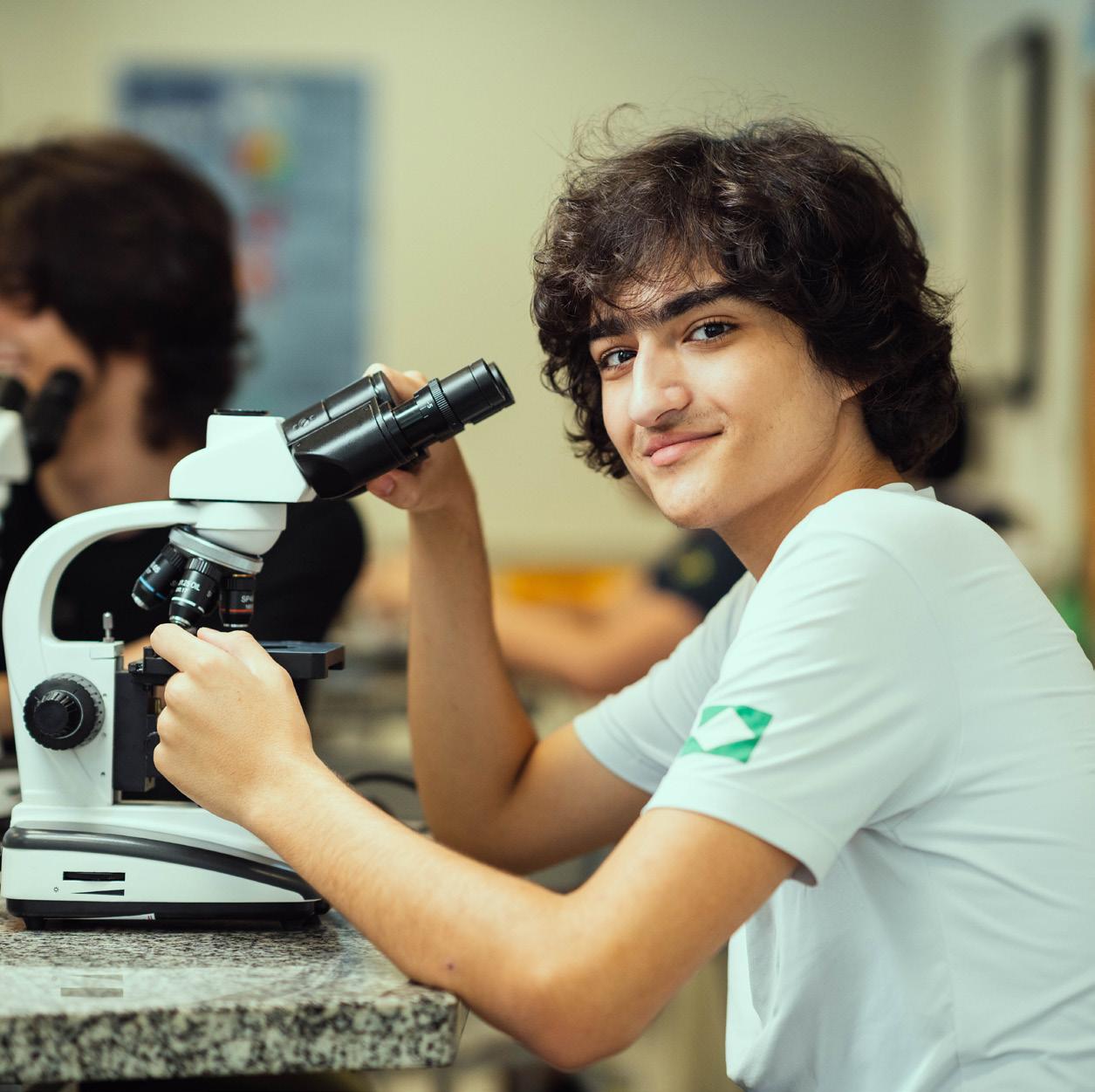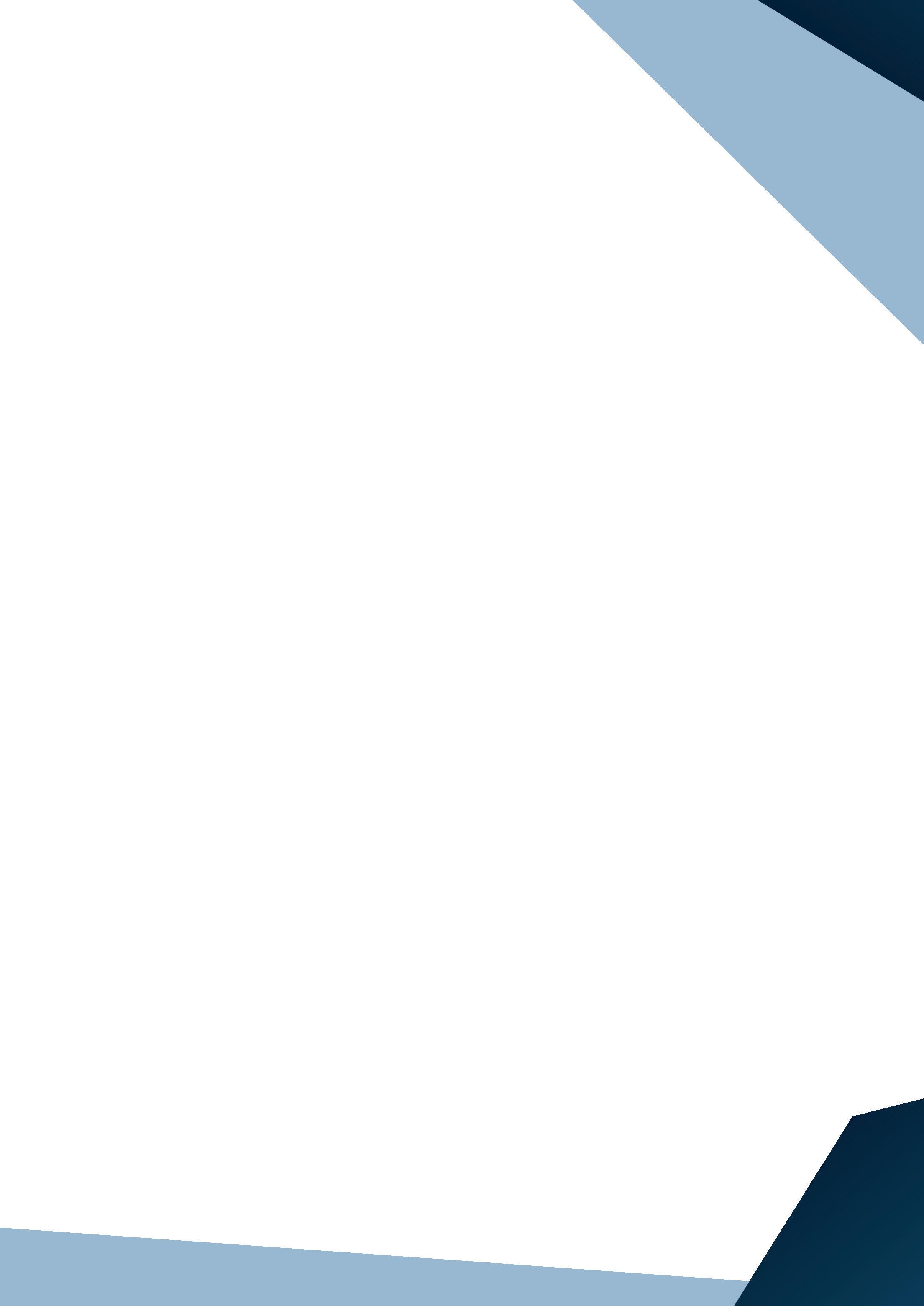







With a diverse and rigorous academic program, Chapel’s High School runs from 7th to 12th grade - which corresponds to the 7th, 8th, and 9th years of Ensino Fundamental II and to the 1st, 2nd, and 3rd years of Ensino Médio of the Brazilian education system - and serves students who are approximately 12 to 17 years old. In a safe learning environment, students are encouraged to face challenges every day through a variety of curriculum and extracurricular subjects that prepare them to be successful in their choices and careers. In well-lit and airy classrooms with a maximum of 26 students each, teachers encourage students to deepen their knowledge by investing in projects that address global challenges and the needs of their community.
The academic calendar follows the Northern Hemisphere, which begins in August and ends in mid-June, with two vacation periods: June/July and December/January. Students are in school full-time, and classes run from 8:00 a.m. to 3:10 p.m. with a 20-minute morning break and a 50-minute lunch (provided by Chapel’s Food Service). Optional extracurricular activities (in sports, arts, science, and technology, etc) start after 3:20 pm. Various activities are available depending on the age group and students’ interest.
Chapel provides and combines four curricula in its teaching practices: Brazilian, American, International Baccalaureate – IB, and socio-emotional. The goal is for students to develop social and emotional skills and abilities with learning occurring naturally in both English and Portuguese and taking into account each of the diplomas’ requirements for all of the subjects offered. All subjects are taught in English, except for Portuguese, Brazilian History and Geography, French, and Spanish. The academic year is two semesters long, and students’ learning is periodically tracked through academically validated internal and external,
national and international assessments. Chapel is a test center for the PSAT and the SAT, the latter of which is part of the admissions process for most American, Canadian, and even some Brazilian universities.
At Chapel, classes are student-centered and designed with a focus on learning. Each student can reach their full potential, while building caring relationships that are collaborative and respectful with colleagues and teachers as a team.
Teachers use active methodologies to design classes based on the skills and abilities that are to be developed so that students are agents in their own learning. All classes have at least three stages: content presentation, joint discussion, and individual activity. This way, students have the opportunity to develop critical thinking through discussions and group work, while at the same time creating an individual product that provides evidence of their learning in each of the classes. Invariably, the teacher will set the learning goals to be achieved and inform which skills and abilities will be developed when mastering the content. Teacher presentations are generally brief, allowing students to interact and actively participate in building their knowledge and understanding of the concepts being discussed.

8:00-8:20 a.m.
8:25-9:10
12:00-12:45 p.m.
12:45-1:30 p.m.
1:35-2:20 p.m.
2:25-3:10 p.m.
Individual school performance is tracked by teachers and by the pedagogical guidance team. In high school, a guidance counselor supports 7th and 8th grade Time DAY 1
High School classes are designed to help students develop a sense of responsibility for their own learning. They encourage students to self-assess, determine, and track their individual learning goals, which are connected to the learning objectives and specific to each student’s needs.

students, and another counsels 9th to 12th grade students, advising students, parents, and teachers regarding their responsibilities on academic, personal and socioemotional issues.
We also have a College Counselor who provides direct assistance to students on University choices and career issues. The guidance counselors work proactively with the teachers to monitor and identify the specific needs of each student, be it by designing strategies that support, speed up, or expand the learning processes, or by promoting new approaches for those who need new stimuli to reach their learning potential and for those who need more challenges. This student support includes the preparation of individual learning plans, differentiated strategies to be adopted in the classroom, or even the recommendation of a follow-up by external professionals. When individual follow-up is necessary, meetings with parents, teachers, and the pedagogical team are held. Additionally, a comprehensive student map and a plan to support their progress are created. When necessary, the team of teachers and counselors develop an Individual Education Plan (IEP) with learning goals, strategies on how to achieve them, and essential instruction adjustments. It is a tool to be used in the partnership between the family and the school in supporting the student’s development.
High School students have seven 50-minute classes per day, with breaks in the morning and at lunch, be they core or elective subjects from the Brazilian, American, or International curricula.
The 7th, & 8th grade students follow a common curriculum. In the 9th and 10th grades students begin to form their own path by choosing one elective per semester. When they reach 11th grade they officially start the IB program, which, aligned with the Brazilian Novo Ensino Médio, provides options for building a more personalized curriculum that fulfills each student’s individual aspirations.

Languages: The core curriculum for 7th to 12th grade includes classes in English and Portuguese, which are the instruction languages. In 9th grade, students can opt to study French and Spanish and may receive the IB Diploma with three languages. Starting in 11th grade, depending on the IB structure, these courses are available as first or second languages with two levels of complexity (Higher Level and Standard Level).
All Chapel High School students follow a common English language curriculum up to 10th grade. From 7th to 10th grades, Portuguese classes take place both as the first language as well as the second language for foreigners. Chapel uses a total immersion linguistic approach that speeds up language acquisition by exposing students to communication in real classroom situations and through the social connections that are strengthened during in-class interactions.
In the final years (11th and 12th grades), different Portuguese courses may be followed: Language and Literature (for native speakers) and Language B (for foreigners). Both are available in two levels of complexity (Standard and Higher), which gives students more choices.
Because our community has many Spanish speakers, from 9th grade onwards Spanish is also taught as a first language and as a second language. This gives students the option of finishing the IB with three first languages in their curriculum.
Students can take French as a foreign language from 9th grade on and also include this subject in the IB Diploma, with two levels of complexity (Standard and Higher).

Mathematics: The essential concepts of the subject are covered in Integrated Mathematics, from 7th to 10th grade. In the final two years, students can choose to study math with an emphasis on their interests through four courses that have different levels of depth and focus.

Science: From 7th to 10th grade, the basic content in Biology, Chemistry, and Physics are covered in Integrated Sciences. Starting in 11th grade, students may choose up to two courses from the ones offered (IB Biology, IB Chemistry, and IB Physics, IB Environmental Systems), each with two different levels of depth.

Social Studies: Students take classes in General History, Government Studies, US History, Brazilian History, and Brazilian Geography in grades 7 through 10. In the last two years, the following IB subject courses are offered: History, Geography, Brazilian Social Studies, and Economics.

Religion: In grades 7 through 10, students study the following subjects: Hebrew Scriptures, Christian Scriptures, Church History, and Morality. In the last two High School years, students may take the IB World Religions class or study religious ceremonies in the Catholic Church.

Physical Education: In High School, Physical Education classes are given from 7th to 10th grade and include soccer, volleyball, basketball, and softball. In 7th grade, the mandatory Health Education course seeks to promote well-being by exploring issues that are relevant in the teen universe: eating disorders, self-esteem, smoking, physical training, drugs and alcohol, and the basics of first aid help are some of the topics discussed. In grades 11 and 12, students take the Independent Studies course in Physical Education, which gives them the option of practicing physical activities in and out of school, which are converted into credits towards High School completion.

Music: Students take a semester of Music classes in 7th and 8th grade and continue to use and may expand their musical knowledge in High School through class projects, clubs, and school-wide performances (during masses, the International Festival, and other events).

Arts: Teaching Visual Arts is part of the 7th to 10th grade curriculum and uses approximately 400 works of art available in the school’s collection. Later, in the 11th and 12th grade, students can choose to study IB Arts as part of their IB Diploma.

Theater: Drama is a semester-long course that is part of the curriculum in 7th and 8th grades. It is based on socio-emotional pillars where students develop their confidence and creativity when communicating, expressing themselves, and presenting in public. Through games, improvisation, and projects, students learn to use body language and voice modulation to express emotions, feelings, and thoughts. There is also a Drama club that puts on an annual performance for the wider Chapel community.

Digital Literacy: Computer Science is introduced as an elective for 9th and 10th grade students, who learn about web application development, digital languages, and mobile and tablet app development. Students in 9th and 10th grades are also offered electives in graphic design (with professional image editing and layout tools). Computer Science is also an option for our IB students in 11th and 12th grades.



Starting in Early Childhood Education, Chapel students increase their awareness about their emotions and learn to interact with peers and adults in a friendly and, above all, responsible manner. In High School, students have the opportunity to talk about social-emotional issues in their daily lives during the Advisory Program’s weekly counseling meetings. Groups of six to a maximum of 15 students meet with a teacher to discuss everyday and life issues that are connected to the semester’s topic. Each group develops a relationship of trust and mutual support, in which members actively listen and talk about behaviors. It is a break from the academic routine for students to reflect on their lives, their personal actions, the school community’s needs, and cultural diversity.
Field trips to study the environment take place from 7th to 11th grade and are an important component of the High School curriculum and part of the Sustainable Development Education Program, which is based on the UN’s (United Nations) Global Action goals. It is a transdisciplinary program whose theme is based on the three pillars of sustainability (social, economic, and environmental) and addressed harmoniously through the content covered in each grade’s curriculum. Every year, each class travels to a different destination, exposing them to specific sustainable development goals, closing a cycle of theoretical studies involving various subjects with practical and sensorial experiences. In addition to adding depth to their learning, the field trip program helps students develop self-knowledge and learn how to manage themselves and their relationships through responsible decision-making.
Chapel provides high school students the opportunity to join after-school clubs and develop activities in their areas of interest on campus. Some activities take place regularly, such as: the NHS (National Honor Society), the NJHS (National Junior Honor Society), StuCo (Student Council), the MUN (Model United Nations). There are other activities also such as: Arts Club, Software Programming, Investment Club, Journalism Club, Robotics, Knowledge Bowl, Micro World (Biology), Music (band and guitar), STEM (Science, Technology, Engineering, and Mathematics), and Yearbook, among others.
The IB - International Baccalaureate, which formally begins in the last two years of high school, is a program that is known for its academic excellence and holistic approach. All teaching at Chapel is designed to prepare our students for the rigorous last two years of high school. For a student to receive the IB diploma, in addition to taking at least one subject in each of the six areas of knowledge and having good academic performance, the student must develop independent activities and show evidence that they use creativity and are engaged in social services, sports, and arts. This prepares students for a life in which the balance between the individual and society in itself is seen as valuable. Additionally, the student researches a topic connected to one of the subjects being studied and writes a 4,000-word research paper. In order to fulfill curriculum requirements and achieve what is expected of an IB student – to be inquisitive, well-informed, a thinker, a communicator, principled, open minded, empathetic, supportive, a risk-taker, balanced, and reflective – Chapel students develop a critical sense of themselves, knowledge, and the society in which they live. They are independent individuals, who are prepared to propose innovative and socially responsible solutions.
The College Counselor oversees and guides each student through their application process to colleges around the world. Students participate regularly in college fairs (both on and off the Chapel campus) and in meetings with university representatives and group and individual

events to discuss and plan their careers. They also have a pre-departure orientation session to prepare them for university life. The College Counseling team provides the support and information required for a successful transition to higher education. To learn more about Chapel’s college entrance guidance services, scan the QR code and watch a short video on how we are mindful of each of our students.

The pride in being a Chapel student is demonstrated by the great sportsmanship exhibited in tournaments among American schools in Brazil. Chapel has participated in these since 1970. The competitions occur twice a year and include basketball, soccer and futsal, volleyball, and softball for men’s and women’s teams. Two teams from each sport, a Varsity (age above 15) one and a Junior Varsity (age under 15) one, practice for the tournaments. Chapel’s cheerleading team rounds out the extracurricular athletic program offered at both Varsity and Junior Varsity levels.
Chapel seeks to educate human beings to achieve their full potential. In addition to academic, physical, socio-emotional, and psychological education, a spiritual experience is cultivated in students and faculty. Religious education is available every year through a comprehensive curriculum of biblical studies, values, and contemporary ethics and morals, as well as environmental and social issues. Religious education is strengthened through student participation in masses and liturgical celebrations, to which students are invited to take on leadership roles. Chapel has a Catholic chapel that holds masses in English on Sundays, to which school community members are welcome to attend.
Chapel maintains two libraries for students, and both are equipped with resources to enrich teaching and learning in planned, modern, airy, and cosy spaces. The High School library has a collection with 15,900 books in English, Portuguese, French, and Spanish and premium subscriptions to databases and scientific articles such as Ebsco Explora Secondary and Ebsco Academic Search Premier, which provide multidisciplinary content through articles, periodicals, and books. National and international periodicals are available in print and digital format.
Designed by award-winning architect Fernando Brandão, aside from its collection, the High School library has room for individual and group studying, with indoor and outdoor tables that are placed on sunny balconies. The library also has a room for presentations and a multipurpose space – that can accommodate up to 50 people – to hold classes, events, or research using the 4 fixed computers that are available, as well as 100 Chrombooks.
Every year the library team organizes the Book Fair and the World Book Day with literary activities for all grades and national and imported books available for sale at cost price.
Chapel School’s PTA collaborates closely with our Educational Leadership to enhance events and sports activities in alignment with the current school year calendar. Additionally, they collaborate closely with our Athletic Director to ensure the Booster Snackbar operates seamlessly during JV and Varsity home games, serving students and families.
It’s important to note that while the PTA plays a vital role in enriching our school experience, it does not engage in the daily operations or management, be it academic or administrative, which falls under the school’s leadership. We sincerely appreciate the invaluable contributions of all PTA volunteers who generously donate their time and efforts. Although they forego compensation, they have a tremendous positive impact on our school community.

The classrooms are equipped with multimedia projectors, digital whiteboards, and integrated sound systems, creating a dynamic learning environment. Students can access over 400 devices, including laptops, Chromebooks, and iPads, all connected through a high-speed wireless network. These devices are housed in specialized areas such as the Innovation Hub, Makerspace, Technology Lab, and multiple Mobile Labs, integrating technology into classroom instruction.
Chapel School’s modern infrastructure is situated on a spacious and green campus which covers more than 40,000 square meters, including a constructed area that exceeds 13,000 square meters. Facilities include an official-sized football field, a sports gym, a climbing wall, a covered multi-sport court, a tennis court, a workout gym, a multi-purpose auditorium with capacity for 784 people, conference and video conference rooms, a chapel for student liturgical activities and celebrations and Sunday mass, the infirmary, three Science labs, an Integrated Science room, two art studios (one integrated with the environment), a music room, two libraries, three playgrounds for different age groups, a cafeteria for students, teachers, and staff, and female and male changing rooms in the sports gym. The school also has an artesian well and a power generator.
Chapel is located on an extremely safe campus with only one entrance and one exit. School buses and vans that transport students have access to school grounds, and all students board and disembark within the school’s campus. Cameras and security personnel monitor buildings 24/7, following strict access protocols. Windows in all classrooms have been treated with bulletproof film.

Is Chapel an international school? What characterizes an international school?
Chapel is an International American school in Brazil. Its official language is English, and the only subjects taught in Portuguese in Elementary School are Portuguese (language) and Brazilian Social Studies (BSS). In high school, students can take French and Spanish electives. Students follow both Brazilian and American curricula and start the IB curriculum in the 11th grade. Chapel follows the calendar of the Northern Hemisphere: the school year begins in August and ends in June of the following year. Students can receive up to three diplomas when they graduate from High School: American, Brazilian, and International Baccalaureate (IB).
Is Chapel recognized as an American school?
Chapel was founded in the 1940s as a parish school for children of American families living in São Paulo. As such, it has always been an American school in Brazil. Since then, its activities have expanded, and today Chapel offers three diplomas - American, Brazilian, and International Baccalaureate (IB) - which are valid from Early Childhood Education to High School. The curriculum and pedagogical approach have been structured to prepare students for university and life, whether in Brazil, the United States, Europe, or anywhere in the world.
Accredited by NEASC (The New England Association of Schools and Colleges), the oldest agency in the United States and one of the most rigorous in the world, Chapel is recognized as a community of excellence in learning that embraces and respects internationalism, multiculturalism, and local cultures.
What level of English is required and what are the requirements for my child to be admitted to Chapel?
English language proficiency is assessed individually, and each candidate’s situation and grade level is taken into account. Admission is based on an interview, information provided by the family, academic records, recommendation letters from previous schools, and standardized test results.
Do students learn languages other than English and Portuguese?
Yes. Students can study French and Spanish from 9th grade onwards.
Is there a program for receiving new students?
Yes. Every new student is welcomed by a division counselor who provides the initial orientation. They are then accompanied by two veteran peers, who act as ambassadors during the first days of class, present the different parts of the school, classmates, and teachers, and are available to clear any doubts that may arise. Additionally, Chapel has taken on the School without Bullying Program, a benchmark both in Brazil and abroad, that engages and connects the entire school community in a continuous movement to prevent bullying and develop healthy and respectful relationships.
Should my family be transferred, will it be easy for my child to be admitted and keep up at another school abroad?
Yes. Chapel’s curricula follow the standards set by international schools around the world. Chapel has an internationally recognized tradition of excellence in teaching, thus, all Chapel students will find it easy to keep up at any international school they are enrolled in.
How is the Brazilian Program taught at an international school? Do foreign students receive the Brazilian Program diploma?
Chapel offers a unified curriculum which

includes the content required by the Brazilian, American, and international programs. The difference is that the subjects – with the exception of Portuguese and Brazilian Social Studies – are taught in English. This way, all students receive the Brazilian Program diploma when they complete the subjects of that curriculum.
Will my child be able to pass the vestibular (college entrance exam) in Brazil? How does Chapel prepare students for Brazilian universities?
Yes. Because the curricula – Brazilian, American, and international – are combined, students from all grades learn the Brazilian Program subjects which cover the content in the entrance exam. Chapel graduates usually pass the entrance exams for the best, public and private universities in Brazil.
Are Chapel students admitted to competitive universities in the US and other countries?
Yes. Chapel’s goal is for all students to be admitted to at least one of the top three colleges on their list. Intense work is carried out through individual counseling when choosing careers and universities so that each student chooses majors and institutions that fulfill their expectations. The school’s target is for students to get to know themselves well during High School, so they can select the university that fits them the best, based on their traits, aspirations, and personal interests.
How is critical thinking developed at Chapel?
In all subjects, the teaching process starts with guiding questions. At the end of each learning cycle, the student should be able to answer such questions. Classes focus on questioning, and students are never given a full response, rather, they are encouraged to reach their own conclusions. There is a concern to provide several perspectives for certain subjects, and no topic is to be avoided with students, since the objective is to help them build a critical perspective, understand the coexistence of various perspectives, and respect those that are different from their own.
How many classes are there in each grade? What is the number of students per class?
At Chapel, each grade has at most 52 students, who are split into two classes with up to 26 students each.
At what time can I drop my child off at Chapel? Until what time can my child stay at school?
Students can arrive starting at 7:35 am. Classes end at 3:10 p.m. and Support Labs, Clubs, and Study Hall begin after that. Between 4:30 p.m. and 6:00 p.m., there are sports activities.
How are the academic year and school vacations structured?
Because it is an American school, Chapel follows the calendar of the Northern Hemisphere: the school year begins in August and ends in June of the following year. There are two vacation periods: June/July and December/January. Chapel observes the Brazilian holidays.
Is it possible to enroll mid-year?
Yes, it is possible to enroll at any time during the school year, subject to availability and approval through the admission process.
How is Portuguese taught to foreign students?
Chapel uses the total immersion methodology. Thus, all foreign students are enrolled in core Portuguese classes where they have some of the same learning objectives and participate in class discussions. This is possible because there are two teachers in each classroom, ensuring that the necessary activity adjustments and the essential Portuguese language guidelines regarding its acquisition and mastery are carried out.

Does Chapel promote community service? How does it work?
The school expects and encourages students to be involved in community service starting in Elementary School. When students propose a project, coordinators and teachers provide support and take the opportunity to teach them how to plan, organize, work as a team, and communicate effectively to achieve goals. Social responsibility service is also a requirement of the IB International Baccalaureate in the IB CAS Program (Creativity, Activity, Service). To receive the international diploma students must meet set objectives in the extracurricular activities of their choice, which can be aimed at an internal or external community, and in sports and creative activities. Student engagement in activities has the ultimate goal of social service, and formal reflection about the experience and is an essential part of the curriculum in the 11th and 12th grades (the CAS program period). Such activities are guided by the IB’s CAS coordinator and each student is followed by an advisor who helps them reflect on the impact of the activities on their entire education. In the extracurricular activities available at the school, clubs such as StuCo (Student Council), NHS (National Honor Society), and TAC (Take Action Club) teach and track students on their projects to benefit communities close to Chapel, and so all students, not just the IB ones, can participate. Some recent examples of student-led projects are Mi Casa, Tu Casa, geared towards Venezuelan refugees in Roraima state; a campaign to collect food, personal care products, and toys for TAC’s Christmas donation; and food collection and donation to homeless people, among others. Chapel also maintains partnerships with institutions near the school that serve vulnerable children and elderly people with whom the students interact continuously by providing services and promoting integration, leisure, and cultural activities.
Are students allowed to bring cell phones and other electronic devices to school?
Yes, students should bring their own personal computers. The school makes a number of Chromebooks available for short-period loans for those who need them during school hours in emergency situations. Currently, students can use their smartphones during breaks and at lunch. However, cell phone usage is not allowed in the classroom. The school is updating this policy and revising details continuously.
Guiding Statements
Mission Statement
In a caring and academically challenging environment, Chapel provides an American-style education to an international student body. Through Christian values, students learn to make informed decisions, to own responsibility for personal actions and community needs, and to respect life and cultural diversity.
Shared Vision Statement
Engage. Challenge. Support. Care. Prepare students for life.
Motto “Faith in Education.”
Definition of High-Quality Learning
“At Chapel School, learning is a collaborative and personal journey, crafted to suit the needs and strengths of each student. Rooted in research-based best practices and grounded in international and national curricula, our approach to learning encompasses a holistic view of student growth.
Learning extends beyond academic knowledge. It embraces the spiritual, socioemotional, cognitive, and physical dimensions of student development. Our learning process nurtures life skills while fostering critical and creative thinking, communication, and collaboration.
By cultivating a sense of responsibility and belonging, we empower our students to become active contributors to their communities. Learning has a higher purpose to positively impact society”.
Definition of Internationalism
“Chapel School is an accepting and inclusive environment that respects and embraces cultural uniqueness and diversity. We seek to create an open-minded community while making connections between different perspectives, beliefs, and nationalities to promote a sustainable future in all its dimensions.”

